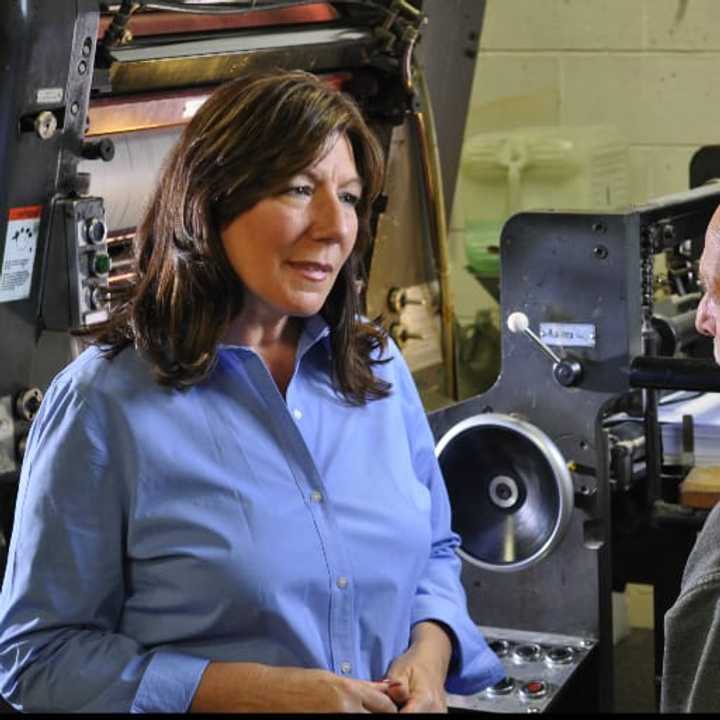“In an effort to dodge law enforcement, drug dealers are constantly tweaking recipes and changing the makeup of their drugs, often resulting in especially lethal combinations,” Serino said. “While K2 and other synthetic drugs may not elicit the same immediate response as better-known drugs like heroin, cocaine and marijuana, the danger lies in the fact that our kids know what it is, and seek it out under the pretenses of its legality. The package of bills we passed today will help us stay ahead of these dealers, get these dangerous drugs off our streets and penalize those who peddle them.”
According to a report by the New York State Senate Coalition, the ease in which individuals can purchase synthetic cannabis – as seen by its abundant availability in gas stations and convenient stores in communities across New York and online – is the reason behind its quick proliferation.
Often billed as "fake marijuana," the availability and the product’s colorful packaging significantly downplays the threat of the drugs.
The report notes that almost 7,000 New Yorkers were hospitalized last year as a result of synthetic drug use. The same reports note that in efforts to respond to the unique health crisis, New York taxpayers spent $22.7 million in 2015 alone.
“We need to be doing all that we can to nip this problem in the bud before it reaches catastrophic levels,” Serino said. “I urge my colleagues in the Assembly to make this issue a priority, pass this package of bills and help us save lives.”
The package of bills passed in the Senate today includes: S. 2836C, which adds the current list of known synthetic cannabinoids to the Schedule I list and creates criminal penalties for possession and sale; S. 4743, which adds Alpha-PVP to the public health law Schedule I of controlled substances; S. 1640A, which amends the Controlled Substances Act to add to the Schedule any Analogous drugs; S. 6040A, which imposes civil penalties on businesses that sell synthetic cannabinoids, including the loss of state licenses to sell lottery tickets, alcohol, cigarettes and tobacco products for five years on the third violation; and S. 6496, which requires the Department of Health to maintain an electronic database of known synthetic cannabinoids, listing their compounds, a description of products and their street names.
Click here to follow Daily Voice Poughkeepsie and receive free news updates.
